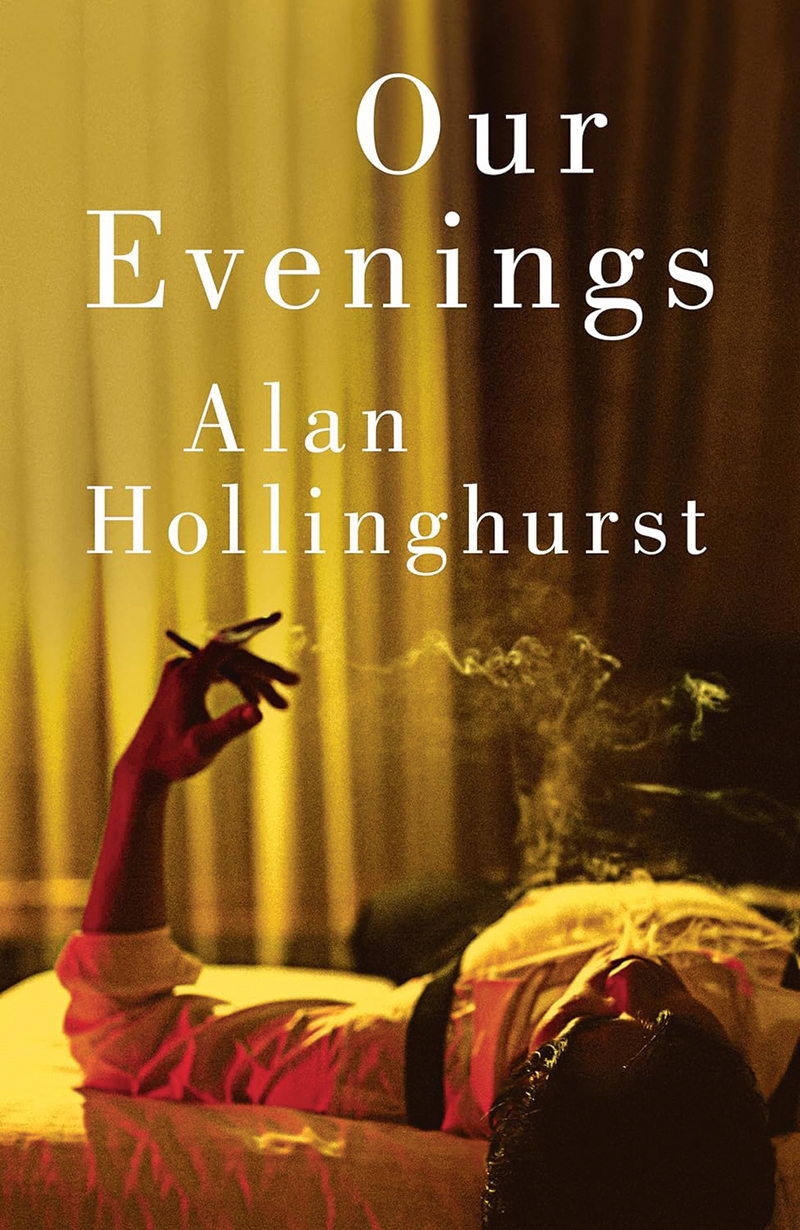We first meet trepidatious young gay Black man Dave during the summer holiday he spends with the rich sponsors of his boarding school scholarship; he is well treated by the well-intentioned adults but secretly suffers at the hands of their obnoxious bully-boy son, Giles. Our Evenings follows Dave through the next 50 years, noting how the two boys’ lives deviate, as Dave becomes an actor and Giles a Tory MP (some readers will enjoy the theory that boys who ruthlessly deliver Chinese burns to friends turn out to be Tory MPs). Through Dave’s first-person chronicle we are introduced to his various exciting lovers, the mostly white friends who are kind to him but unaware of the depth of his feelings of alienation, and those who rail against him for reasons of plain prejudice or age-old convention. We understand his yearning to “get away”. And we are delighted by the later-life romance which brings him joy and a kind of security.
Get the latest news and insight into how the Big Issue magazine is made by signing up for the Inside Big Issue newsletter
Of course, Our Evenings will be celebrated as another brilliant state-of-the-nation novel from Hollinghurst, a piercing study of race relations in the UK, an insightful examination of queer love through the years. Hollinghurst specialises in shedding light on vulnerable characters quivering with self doubt, and this is indeed a presentation of outsiderdom. But what stands out most is his tenderness when detailing his main characters, his attention to every gesture, every retort, every emotional flinch. We glean meaning and revelation from all the tiny details, such as the over-enthusiastic exclamation marks in Dave’s mother’s letters. Indeed, as the novel goes on, perhaps the most memorable pages are those devoted to Dave’s widowed mother, whose life goes through a most unexpected change when her son leaves home.
In another life Hollinghurst could have been an architect. His detailed descriptions of fabulous stately homes (Dave’s public school is in Bampton, the real-life village where Downton Abbey is filmed) make the mouth water. As in The Stranger’s Child, Hollinghurst guides his readers through some of England’s finest buildings, taking time to notice the thickness of carpets, the gleam of champagne glasses, the scarlet hue of hallway tiles.
The rooms aren’t just flush with luxury and grandeur but tremble with the life breathed into them by their inhabitants; each room takes on the nature of the events which took place in it, some full of camaraderie, some solemn with grief. Hollinghurst has an Evelyn Waugh-like gift in his ability to vividly set a scene, either visually or emotionally, with just a couple of perfectly chosen adjectives or metaphors; a bursting old armchair here, a “rich sweetish smell of oil, apples and dog” there.
He is also deft with his wit, bringing characters to life through amusing summations: when Dave tells Giles’s uncle George he’s studying the Civil War (“‘Ah yes, awful business,’ he said, and shook his head, rather as if he remembered it personally and regretted his part in it.”)










